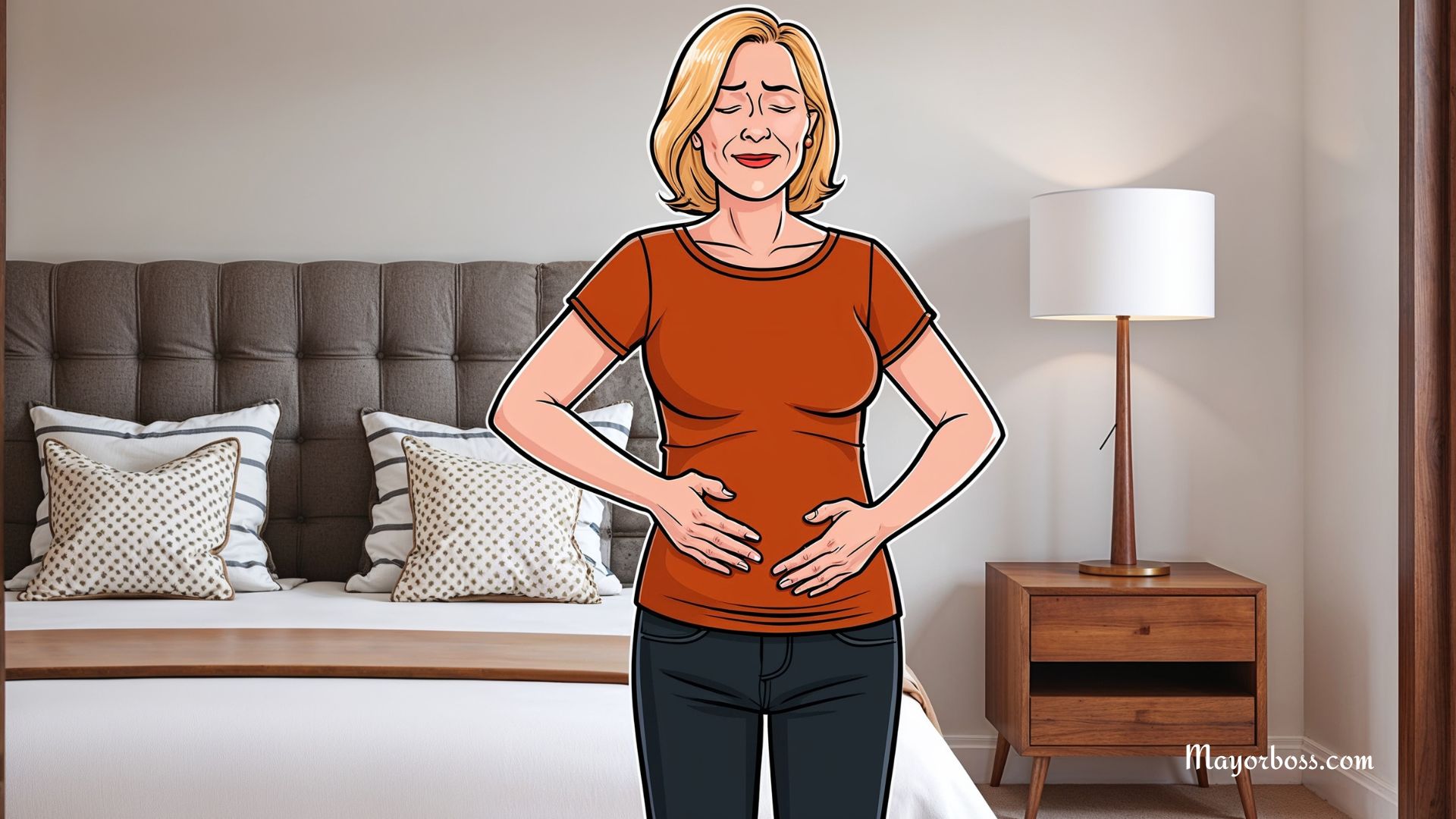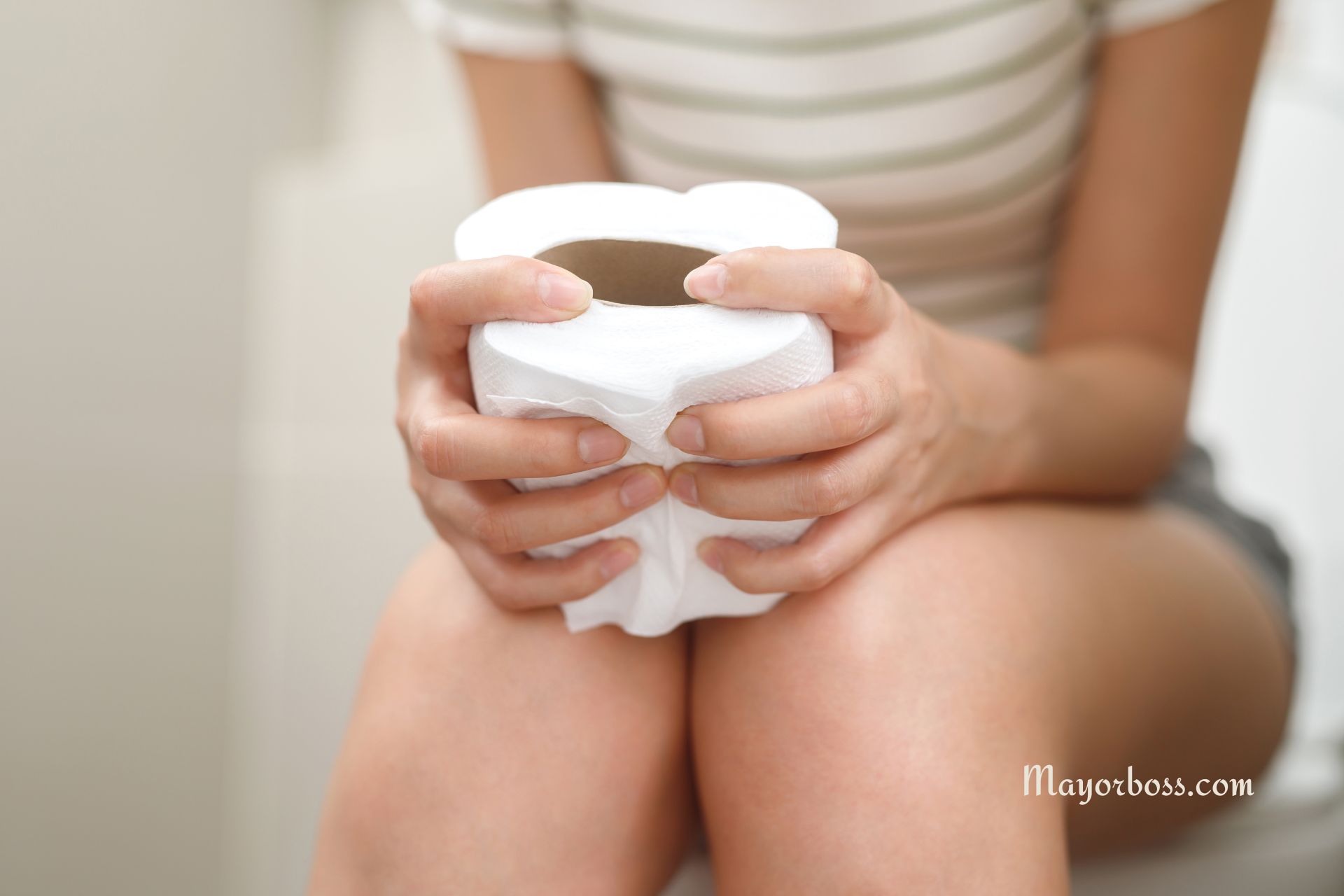Anal Fissure: 4 Common Causes and How to Treat It
An anal fissure, a small tear in the thin, moist tissue lining your anus, is a common condition that can cause a lot of discomfort. Common causes include constipation, passing large or hard stools, straining during bowel movements, childbirth, and inflammatory bowel disease (IBD). Although anal fissures can be very painful, most can be treated at home with increased dietary fiber intake or soaking in a warm-water bath, or with minor medical interventions.
Dr. Natalia Hapych, a family doctor, advises, “Ignoring the symptoms of an anal fissure can lead to complications, such as an abscess. It’s vital to take timely action and seek professional help.”
What Causes Anal Fissures?

Constipation
Dr. Hapych states, “One of the most common causes of anal fissures is constipation. Straining during bowel movements can cause a tear in the lining of the anus. A diet lacking in fiber, low fluid intake, or a sedentary lifestyle can often lead to constipation.
To alleviate the symptoms of an anal fissure caused by constipation, you can:
- Increase your dietary fiber: Foods such as fruits, vegetables, and whole grains can soften the stool and increase its bulk, which helps to reduce straining during bowel movements.
- Stay hydrated: Adequate fluid intake is essential to avoid hard stools.
- Regular exercise: Regular physical activity can help stimulate intestinal function and reduce the occurrence of constipation.
Straining During Bowel Movements
Frequent straining during bowel movements is another leading cause of anal fissures. As Dr. Hapych explains, “This often happens when people are dealing with chronic constipation or diarrhea. The repeated pressure and tension on the anal canal can lead to a tear.”
To reduce straining during bowel movements, you can:
- Implement a regular toilet routine: Attempting to pass stool at a regular time each day can train your body to have regular bowel movements.
- Avoid holding in stools: When you feel the need to go, don’t delay. Holding in stools can make them harder and drier, which can lead to straining.
Childbirth
Childbirth is a common cause of anal fissures in women. Dr. Hapych advises, “During vaginal delivery, the pressure exerted can lead to a tear in the anus. However, most of these fissures heal on their own within six weeks postpartum.”
If the fissure persists after childbirth, consult your doctor, who may recommend:
- Topical ointments: Certain creams can help relax the muscle around the anus, easing the pain and helping the healing process.
- Sitz baths: Warm sitz baths can increase blood flow to the anorectal area, promoting healing and providing relief from discomfort.
Inflammatory Bowel Disease (IBD)
Inflammatory bowel disease (IBD), including conditions like Crohn’s disease and ulcerative colitis, can lead to anal fissures. These conditions cause chronic inflammation in your digestive tract, consequently leading to a variety of symptoms, including anal fissures,” explains Dr. Hapych.
Managing IBD to prevent anal fissures usually involves a combination of medication, lifestyle changes, and, sometimes, surgery. Your doctor can guide you to the best treatment approach based on your specific case.
Conclusion
Anal fissures can be highly discomforting, but remember that they are also treatable and often preventable. Dr. Hapych encourages, “Speak openly with your doctor about your symptoms, and don’t allow embarrassment to delay your treatment.”
You can greatly reduce your chances of developing an anal fissure. Adopt a high-fiber diet, maintain hydration, exercise regularly, and ensure good anal hygiene.
Further Reading: Lump in Anus: 6 Causes and How to Treat It






